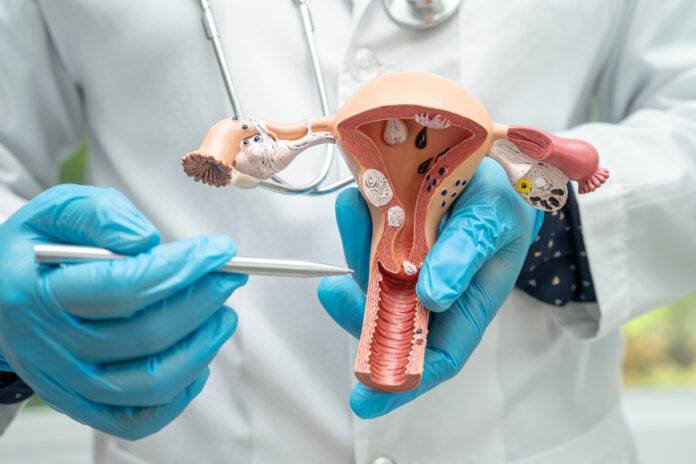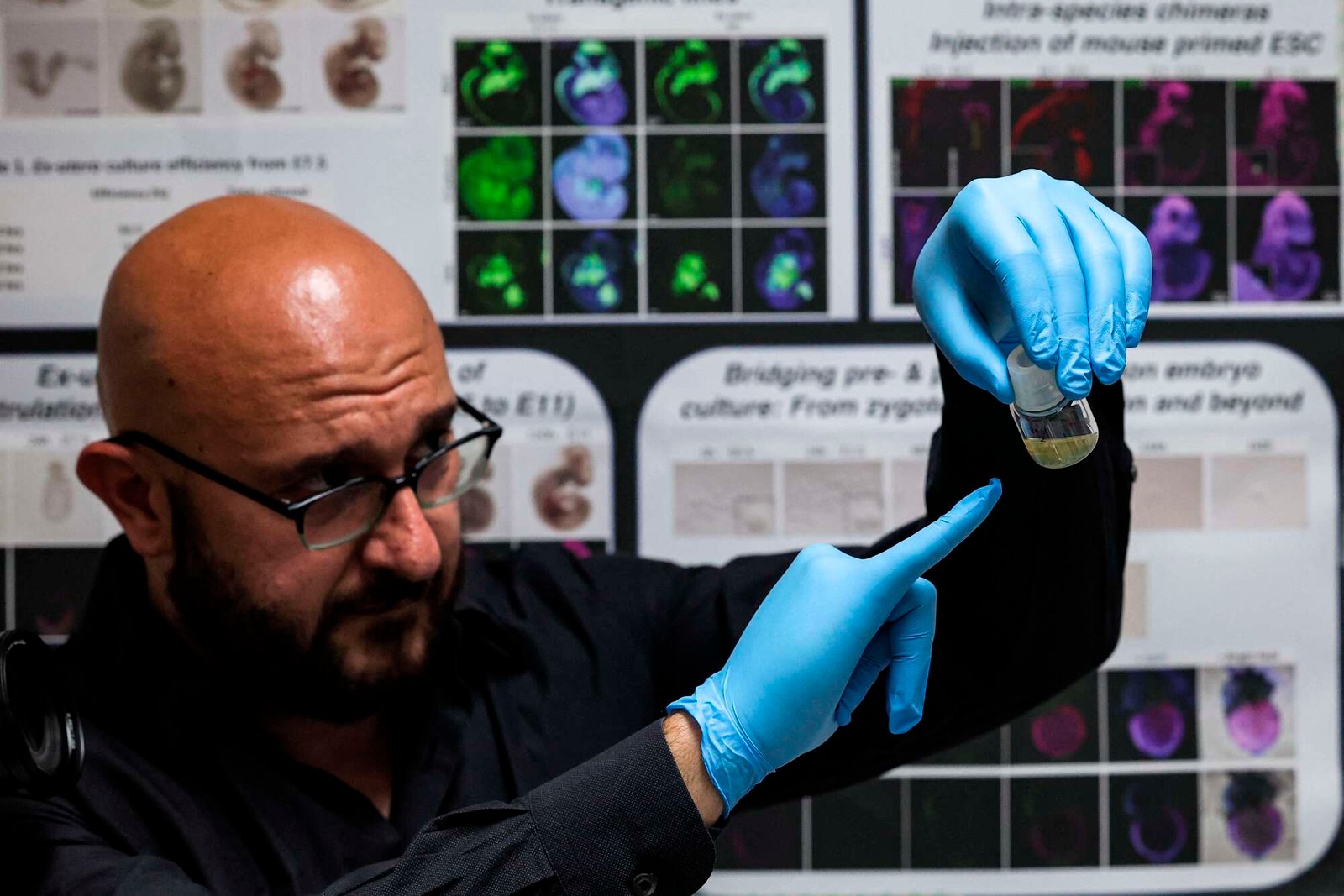
WHO urges Nigeria to increase routine vaccination
[ad_1] The World Health Organisation (WHO) has called on the federal government to increase routine vaccination to nip outbreaks in the bud. Tedros Ghebreyesus, WHO director-general, made the call during an online media conference. Mr Tedros said Nigeria was experiencing a severe outbreak of diphtheria. According to him, more than 9000 suspected cases have been…








